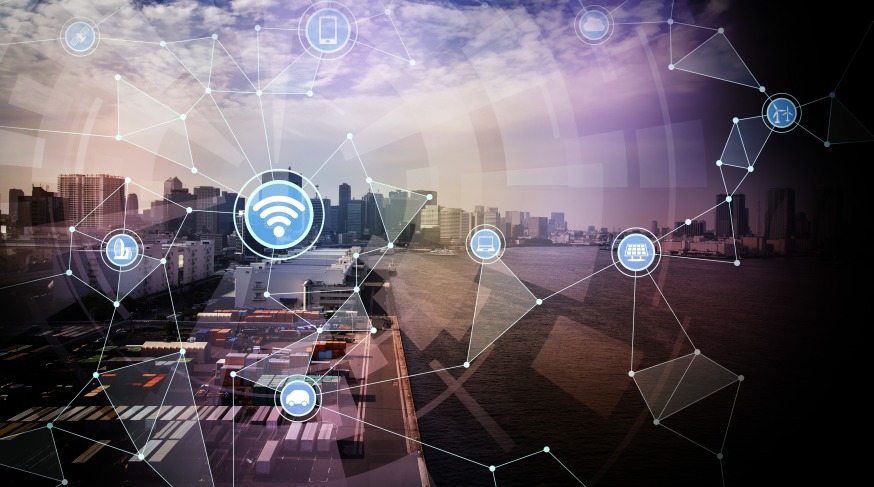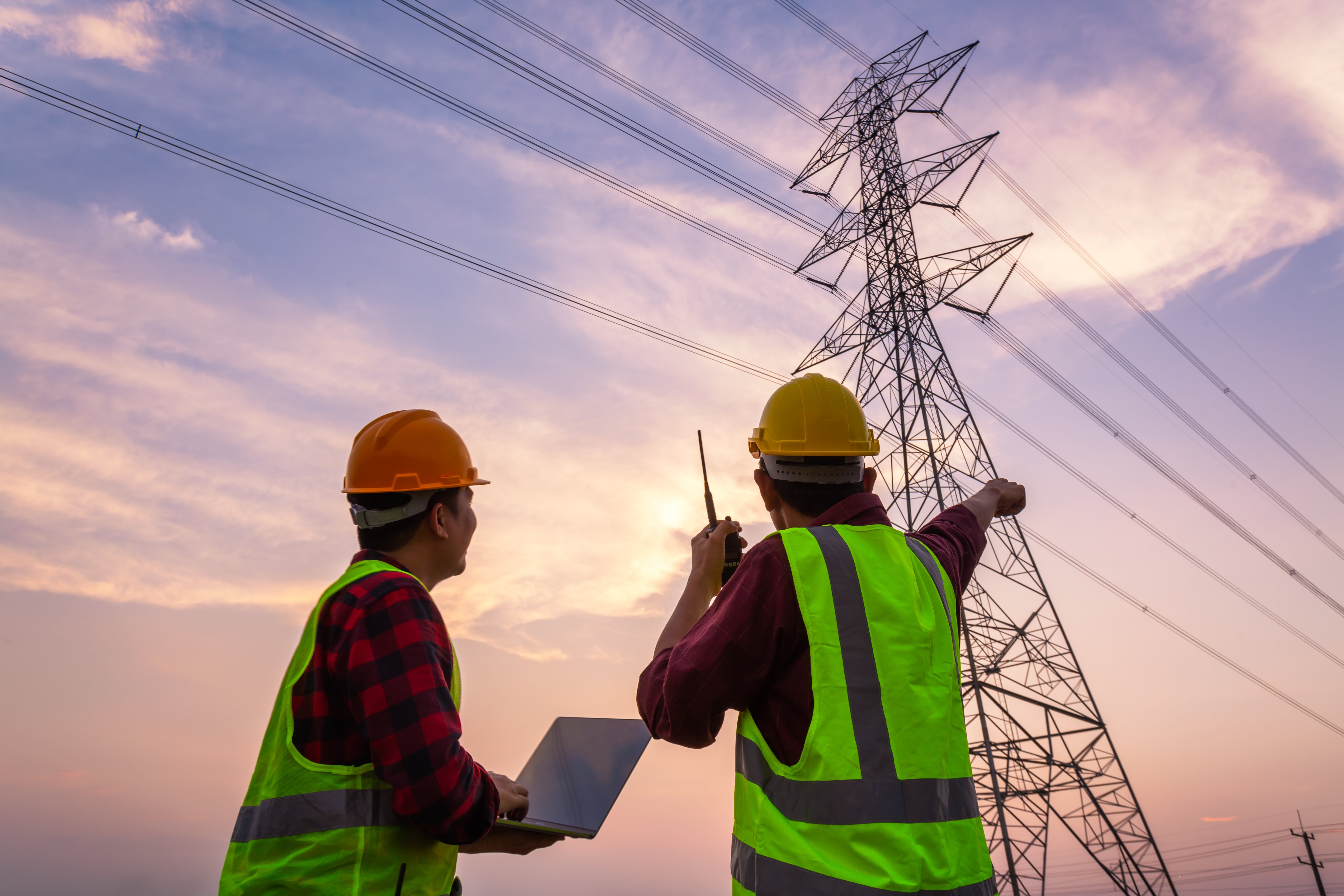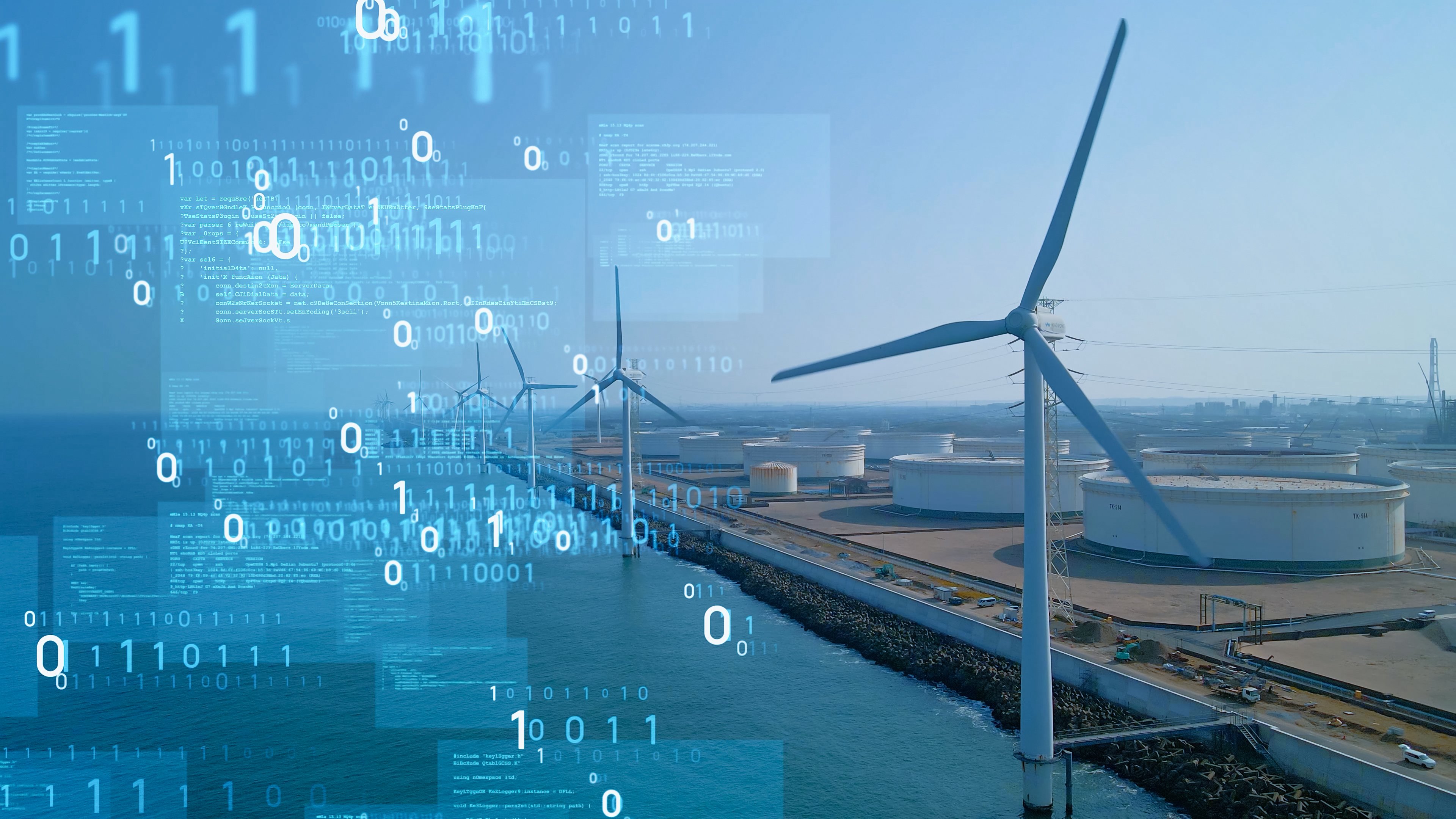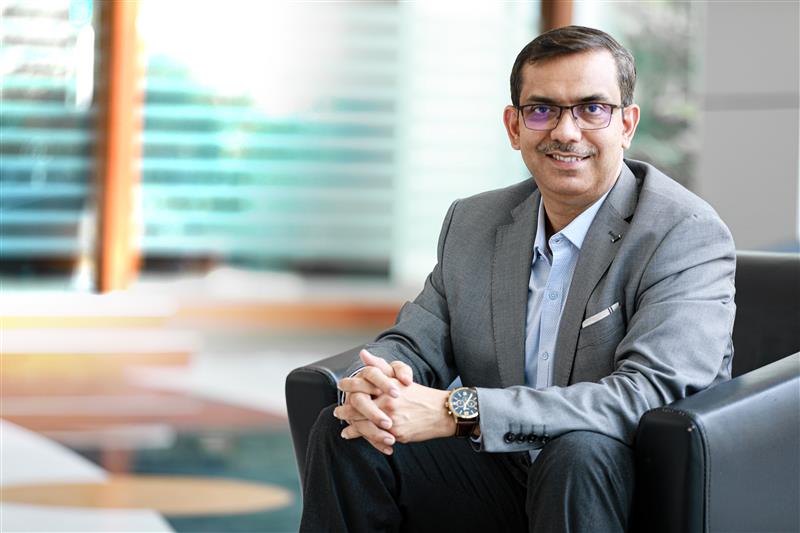The word “Smart City” is one of the most frequently used terms that we read and listen to in events/forums/conferences etc. of any type that is related to Urbanization, Modernization, Computerization, or any other evolution that is happening in our society. It is one of the biggest buzz words across industry segments ranging from Health, Transport, Utilities, Manufacturing, Communications/Media & Technology, etc. both in developed and emerging economies.
The question however that I have been hearing from many people & companies who are planning to venture into this area is “Is Smart Cities a noise or a reality?”.Before I even make an attempt to answer this question, I think it is important to understand what a Smart City means. There are many definitions of “Smart City” but what I personally liked best was from British Govt. that described “Smart City” as:
"The concept is not static, there is no absolute definition of a smart city, no end point, but rather a process, or series of steps, by which cities become more 'liveable' and resilient and, hence, able to respond quicker to new challenges."[n 7]
Basis the above definition, I do believe that the concept of Smart Cities is though evolving but is increasingly becoming realistic and today we are seeing that across the globe big bucks are getting spent onbuilding cities smarter and this is happening in both brown field and green field rollouts. Here are 4 basic enablers that can help make Smart Cities a reality.
- Green Energy & Smart Grids – Increasingly we are seeing the focus shifting from conventional (Coal, Fuel, Nuclear, ) to non-conventional (Solar, Hydro, wind, etc.) energy. Use of advanced technologies towards making grids more resilient and dynamically controlled for load distributions and outage management.
- Smart Transport – Use of Metro/Mono Rail formats as means of mass rapid transport in large cities, Shared Cabs/Car Pooling/Express ways/Super Highways, etc. for efficient use of fuel and infrastructure.
- Health & Public Safety – Remote Diagnosis & Patient Monitoring, Hub-Spoke models of community health & family welfare programs, Use of Wearable devices for complex surgeries, Highly advanced security systems, Smart Building Management & Monitoring solutions, etc.
- High Speed Communication Networks – Wireless/Cable/Fiber networks on one side and Satellite Communications on the other are making the Always-On connected networks a reality. This backbone is also helping in the proliferation of Internet and Internet of Things.
Though lot of urban problems may look similar across the world, but our approach towards making a city smarter need not be the same. The need, the challenge, the affordability, the ROI, will vary from city-to-city, we should therefore make informed/thoughtful decisions and define time bound actions to make this a reality.
From a commercial standpoint, I believe that it would still be difficult for Governments or Businesses to define a timeframe in which one can break even or start making profits – incase one has the ambition of running it as one huge project. To make these programs successful, The key can be in running programs in silos but with an eye on the bigger picture and running it in a PPP (Public-Private Partnership) mode
This of course is my viewpoint. I am curious to know what is yours.
About the Author
Piyush is a industry veteran and has been associated with the Telecom IT/ITES segments for more than 15 years. He has recently joined Cyient Ltd. as a Vice President in the Utilities and Communiations Vertical to Strategize and Expand their Business & Service Portfolio for the integrated vertical. Prior to Infotech Piyush was heading the Global Communication Services Practice at Wipro and prior to that he has worked with organizations like Escotel Telecommunications, Techpark & Glaxo Smithkline in the areas of growing and expanding new businesses. In his illustrious career of over 20+ years he has travelled to more than 30 countries and has worked with Communication and Media Service Providers across India, EMEA, North America and APAC.













Let Us Know What You Thought about this Post.
Put your Comment Below.